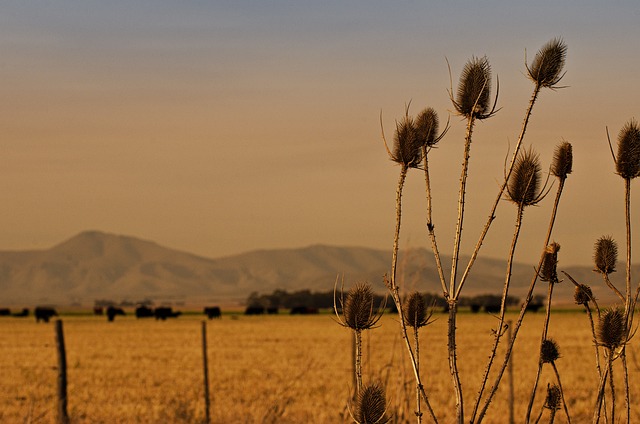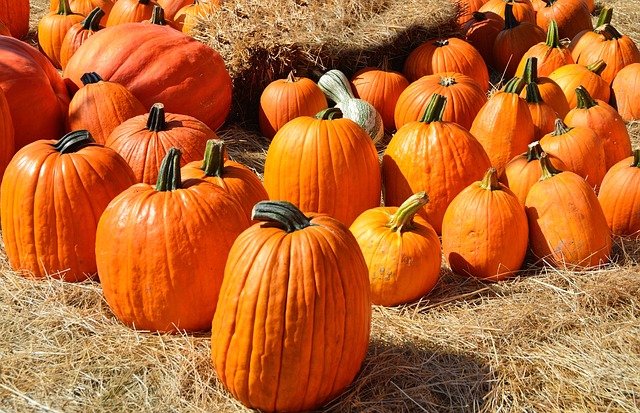why elephant is not the king of jungle 💰 The Elephant: A Majestic Titan, But Not the King of the Jungle

Olá, pessoal! Hoje vamos conversar sobre why elephant is not the king of jungle, e também faremos uma breve análise da importância de why elephant is not the king of jungle.
In the grand tapestry of the animal kingdom, few creatures evoke as much awe and admiration as the elephant. With their immense size, deep intelligence, and complex social structures, they are undoubtedly one of nature's most magnificent beings. However, despite their many remarkable attributes, elephants do not hold the title of "king of the jungle." This title, often associated with the lion, invites an exploration of the characteristics that define these majestic animals and the ecosystems they inhabit.why elephant is not the king of jungle

To begin with, the notion of a "king" implies dominance, authority, and a certain supremacy within a specific environment. While elephants are undeniably dominant figures in their habitats, especially in savannah and forest ecosystems, the concept of reigning over the jungle is more nuanced. Elephants play a crucial role as keystone species, shaping their environments in ways that benefit countless other organisms. For example, their feeding habits, which involve uprooting large trees and stripping bark, create clearings that allow sunlight to reach the forest floor. This process fosters new plant growth, which in turn supports a diverse range of species.why elephant is not the king of jungle
In contrast, lions, often dubbed the kings of the jungle, thrive in savannahs and grasslands, where their social structures, hunting prowess, and territorial behavior allow them to dominate their environment. The lion prides are characterized by their cooperative hunting strategies, which enable them to take down large prey and establish their reign over vast territories. This hunting hierarchy and social organization exemplify a different kind of dominance that is more aligned with the concept of kingship.
Another reason elephants do not wear the crown of the jungle lies in their habitat preferences. Elephants predominantly inhabit grasslands, savannahs, and forests, but they are not confined to the dense jungles that typically characterize the lion's territory. The term "jungle" often conjures images of thick foliage and tangled underbrush, environments where the agility and stealth of predators like lions are more advantageous. Elephants, although they possess impressive strength and intelligence, are not built for the same type of predatory lifestyle. Instead, they are gentle giants, foraging for vegetation and creating pathways through their habitats that benefit other wildlife.why elephant is not the king of jungle

Sob a ótica de why elephant is not the king of jungle, podemos tirar conclusões importantes.
Furthermore, the social dynamics of elephants differ significantly from those of traditional predators like lions. Elephants are known for their strong matriarchal societies, where older females lead herds and guide younger members. This social structure emphasizes cooperation and nurturing rather than the hierarchical competition seen in lion prides. While lions may engage in fierce battles for dominance, elephants rely on collective strength and social bonds to navigate their world. This intrinsic value of cooperation highlights the importance of community in the natural world, reinforcing the idea that leadership can take many forms beyond mere dominance.why elephant is not the king of jungle
Despite their lack of a royal title, elephants exhibit remarkable qualities that inspire optimism for the future of wildlife conservation. Their deep emotional connections, demonstrated through mourning rituals and nurturing behaviors, remind us of the importance of empathy and compassion in all living beings. As humanity grapples with the challenges of habitat loss, poaching, and climate change, the plight of elephants serves as a powerful symbol of the need for collective action to protect our planet's biodiversity.why elephant is not the king of jungle
Conservation efforts dedicated to safeguarding elephant populations and their habitats are gaining momentum worldwide. Initiatives focused on anti-poaching measures, habitat restoration, and community engagement are crucial in ensuring the survival of these magnificent creatures. As more individuals and organizations recognize the importance of preserving ecosystems that support elephants, there is hope for a future where they can continue to thrive alongside other species.why elephant is not the king of jungle
In conclusion, while the elephant may not hold the title of king of the jungle, it remains a majestic titan of the animal kingdom, embodying strength, intelligence, and compassion. Its role as a keystone species underscores the interconnectedness of all life forms, emphasizing the importance of preserving biodiversity for future generations. As we celebrate the unique qualities of elephants and their contributions to our ecosystems, let us also foster a sense of stewardship that honors the delicate balance of nature. In doing so, we pave the way for a harmonious coexistence that allows both elephants and lions to flourish in their respective domains, each playing a vital role in the intricate web of life.why elephant is not the king of jungle
Obrigado pela leitura, a explicação sobre why elephant is not the king of jungle e why elephant is not the king of jungle chega ao fim aqui!
Fale conosco. Envie dúvidas, críticas ou sugestões para a nossa equipe através dos contatos abaixo:
Telefone: 0086-10-8805-0795
Email: portuguese@9099.com


